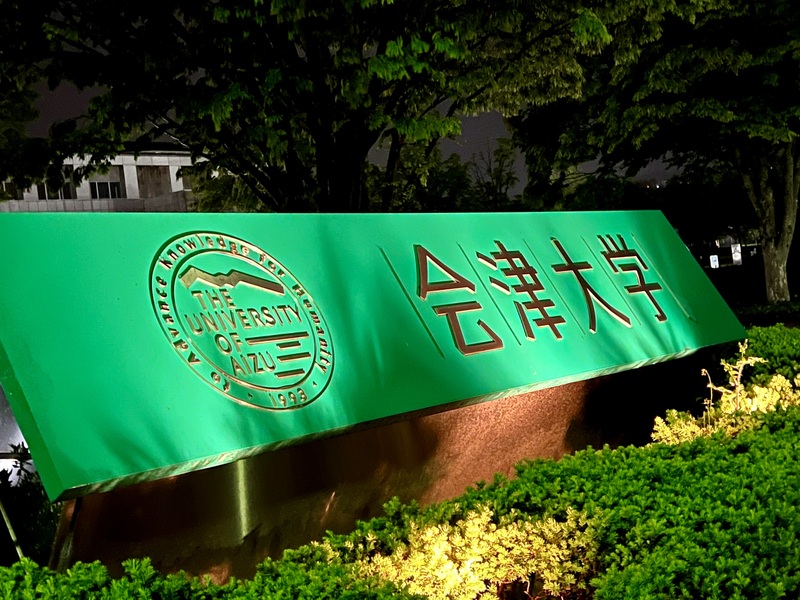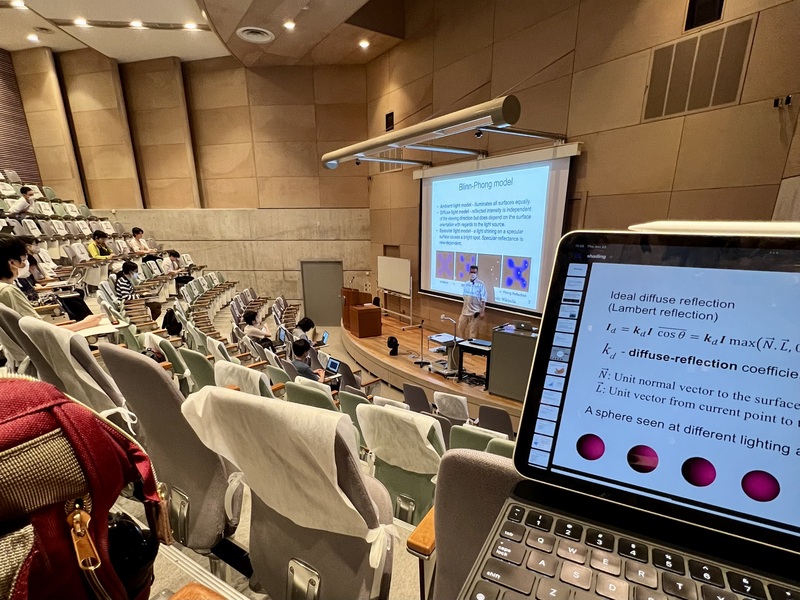
Unraveling Assumptions: Navigating Education and Cultural Perceptions Abroad
I had assumed that studying at a Japanese university would be less demanding compared to my experiences in the US. At The University of Aizu, however, I quickly realized that the workload matched the challenge of my home university. This assumption stemmed from the notion that since Japanese students undergo rigorous schooling in high school, their university years are a breeze and they’re able to party and have fun. Yet, my research while composing this blog unearthed a more nuanced reality. While university might be comparatively less taxing than Japanese high school and the intense entrance exam preparation, it’s not necessarily a walk in the park. Moreover, the global emphasis on STEM education remains consistent and consistently challenging.
Initially, I held the belief that Japanese universities were less intense than their US counterparts and that students primarily focused on acing their outstandingly difficult entrance exams. I assumed that the name of the university held more weight than the rigor of the coursework. This perspective holds some truth, but my time at The University of Aizu has shown me otherwise. While assignments may sometimes feel like routine exercises designed to enforce memorization, many tasks demand genuine critical thinking. And like in the US, the quality of the schoolwork depends on the professor’s approach.
Reflecting on my experience, I recognize a possible misperception I held regarding STEM and non-STEM fields. In numerous professions, the reputation of the university seems paramount in securing employment, except in the STEM realm. Here, the focus shifts towards skills and hands-on experience. The essence of STEM mandates practical expertise and the ability to tackle problems effectively, which are best cultivated through real-world exposure and continuous learning, often transcending the limited scope of traditional university education.
In this journey of cultural exploration during my study abroad experience, I’ve been confronted with the disparities between assumptions and realities. My initial expectations of an easier academic path at a Japanese university were met with a challenging workload that bridged continents. Similarly, my perception of Japanese education as solely focused on entrance exams was reshaped as I encountered the multifaceted nature of assignments at The University of Aizu.
These realizations mirror a broader lesson in cultural awareness – the importance of transcending stereotypes and embracing the complexity that lies beneath the surface. As I reflect on my study abroad experience, I am reminded that assumptions are merely starting points, and true understanding blossoms when we engage, question, and explore.
As I return to my home country, I carry with me not only academic insights but also a deeper appreciation for the intricate interplay of culture, education, and perception. This journey has fortified my commitment to dispelling assumptions and seeking genuine connections, wherever my path may lead. The world is a tapestry woven with diverse threads, and it’s in the careful examination of each strand that we find a richer, more vibrant understanding of the global community.

